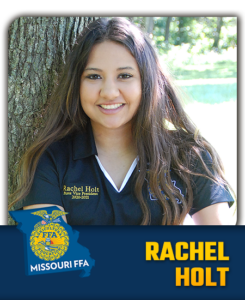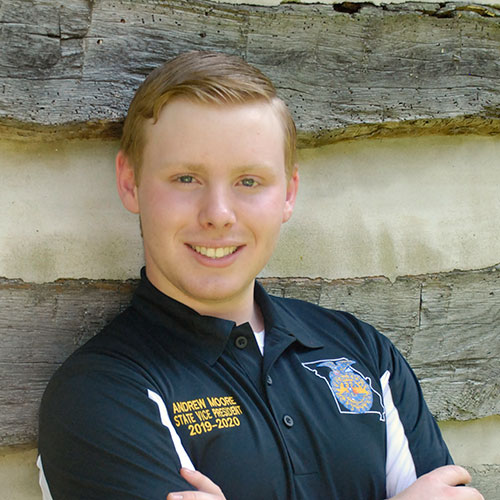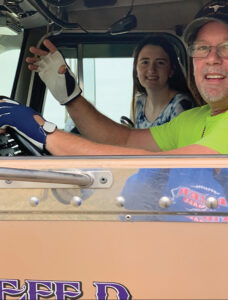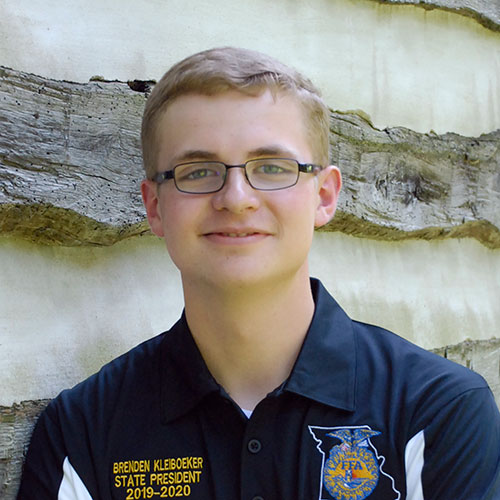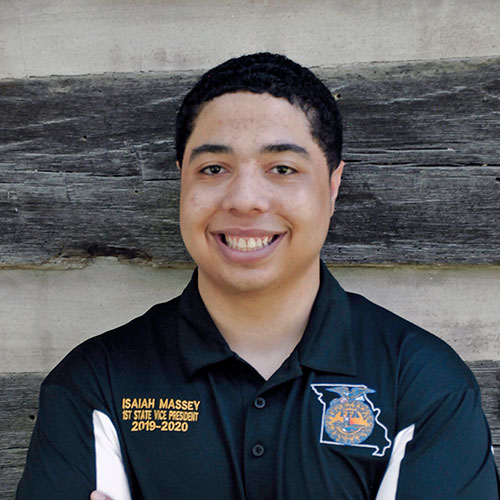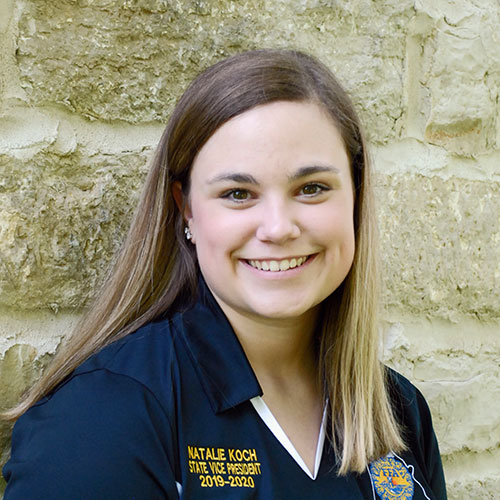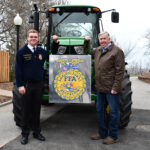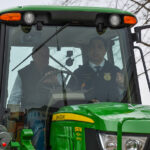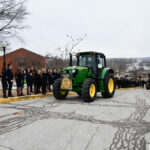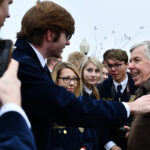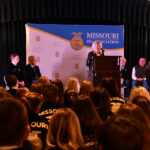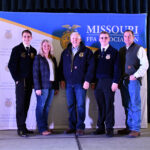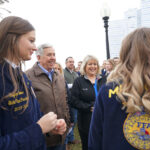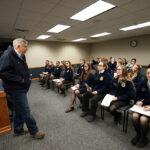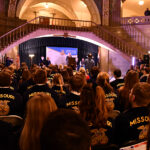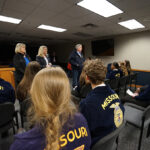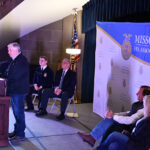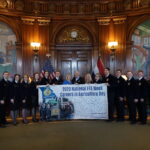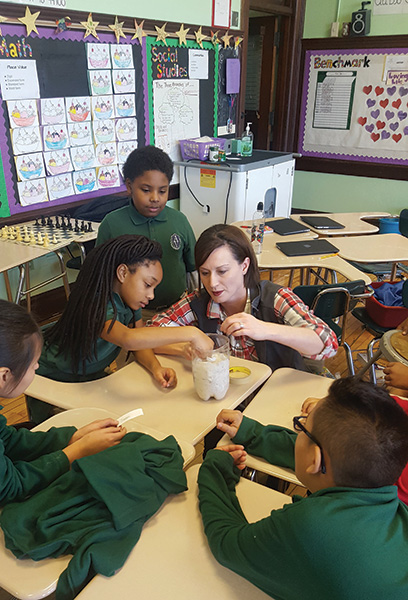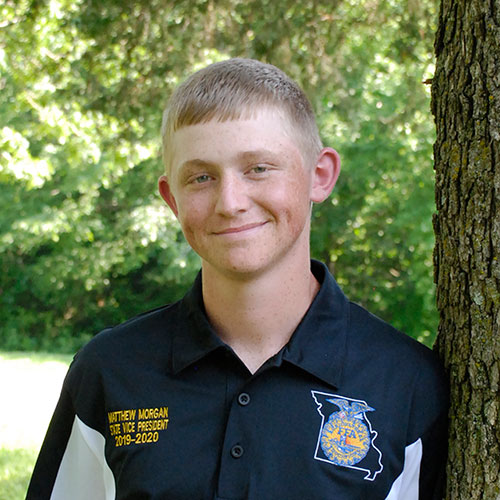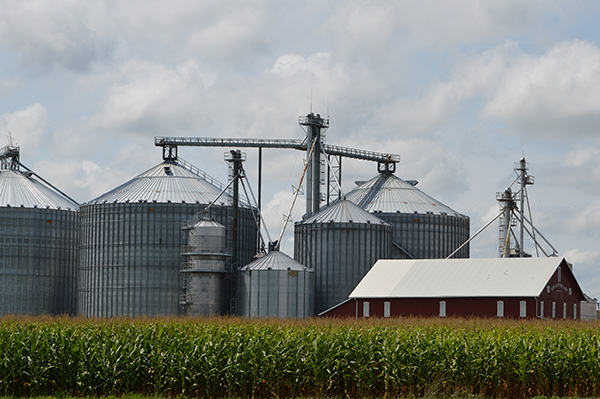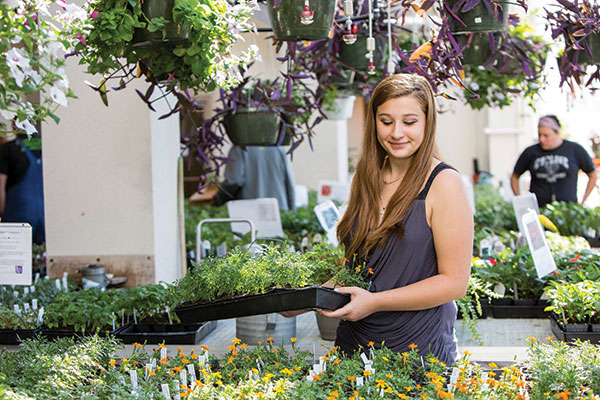
At a time when the agricultural industry is constantly growing, shifting and innovating, schools offering degrees in agriculture must do the same. The Richwood Valley Campus and Agricultural Training Center are allowing the Ozark Technical Community College’s (OTC) agriculture program to do just that.
“Our program is blessed to have the opportunity to relocate from an urban downtown campus to an 84-acre rural setting in Christian County,” says Rob Flatness, department chair and agriculture instructor. “The Richwood Valley Campus is only a few minutes south of Springfield between Ozark and Nixa on Highway 14. The campus is perfect for a diversified agriculture program in that it has open grassland perfect for pasture and turfgrass activities, several acres of timber for forestry classes, a live spring and a creek bottom with deep rich soil for agronomy stations.”
The campus is a new development in a long line of growth in OTC’s agriculture program.
“For many years, our agriculture department was focused on turf and landscape management, offering a two-year associate degree and a one-year certificate,” Flatness says. “We saw that many of our students were graduating from our program and transferring to a four-year university to obtain a bachelors’ degree in agriculture. It was at that time that we expanded our agriculture course offerings and developed an associate degree in agriculture.”
Further filling the needs of its students, the program began working with university partners to develop “2 + 2” plans allowing OTC agriculture students to complete their two-year program while preparing to transfer and graduate from a university in an additional two years.
More recently, the agriculture program shifted its degree offerings again to accommodate for changing needs of students and the industry.
OTC previously offered an associate degree and certificate in turf and landscape management as well as an associate degree in agriculture. Students pursuing a degree in agriculture could choose from animal science, plant science or general agriculture, but their transcript and diploma would only reference a degree in agriculture.
“Beginning next semester, our students will be able to receive a degree in the specific area of their interest instead of just agriculture,” Flatness says.
In response to industry needs for more trained technicians, the program also added a one-year outdoor power and powersports technician certificate program in the 2019-2020 school year.
As OTC’s agricultural degree and program offerings are evolving, so are its hands-on opportunities for students.
“The new facilities give students a very hands-on, real-life, practical education for a price that they cannot get elsewhere,” says Heather Eberlin, agriculture instructor and farm/lab manager. “It has really stepped up the level at which we can prepare students for their next step, whatever that may be.”
These opportunities include hosting livestock on campus with modern livestock handling facilities, greenhouse experiences, equipment operation, wildlife management activities, topography, forestry and more.
Eberlin runs the greenhouse on campus and says students have already experienced some added benefits of the new facilities.
“The new greenhouse offers students the ability to do plant labs year-round while also producing seasonal crops,” she says. “This past semester, we had a very successful first-ever OTC poinsettia crop. It is currently filled to the brim with annuals, hanging baskets and vegetables.”
Today, students are enjoying the expanded opportunities the new campus provides.
“Our current students are excited to be on the ground floor of development of the new facilities,” Flatness says.
Even students without a background in agriculture can benefit from the development.
“This campus means experience, opportunity and growth for me,” says MacKenzie Lathem, an OTC agriculture student. “I think the campus is unique because it allows us to explore our agricultural interests and it allows students who do not come from agricultural backgrounds to safely experience the industry.”
The OTC ag program plans to continue its diversification and innovative growth to provide for future students as well as the future of the agricultural industry.
“Just this semester we applied for and won a $10,000 grant through the college to start a Farm to Table Beef Program,” Eberlin says. “Students will be able to evaluate, purchase and care for livestock while evaluating daily gain and eventually carcass information.”
Innovative offerings like the Farm to Table Beef Program are allowing students to learn about agriculture in a way like never before.
“This campus means opportunity for incoming and future students,” Lathem says. “It is a great campus to experience new things for the first time.”
“Incoming students will have the advantage of facilities and labs that are fully developed and continue to expand,” Flatness adds. “We will continue to work with our advisory committee and community to offer a curriculum that is relevant to community needs.”
—By Brandelyn Martin Twellman
